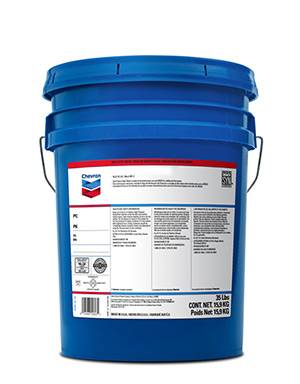Dec . 11, 2024 11:17 Back to list
pvc irrigation pipe fittings
Understanding PVC Irrigation Pipe Fittings
Irrigation systems are crucial for efficient water management in agriculture, landscaping, and outdoor water features. One of the most widely used materials for constructing such systems is Polyvinyl Chloride (PVC), which has gained immense popularity due to its durability, affordability, and versatility. Among the essential components of PVC irrigation systems are the fittings, which play a vital role in ensuring that water is delivered effectively and efficiently to plants and crops.
What are PVC Irrigation Pipe Fittings?
PVC irrigation pipe fittings are connector pieces that allow various sections of PVC pipes to join together or change direction within an irrigation system. These fittings come in a variety of shapes and sizes, accommodating different diameters of pipes and various system needs. Common types of PVC fittings include elbows, tees, reducers, couplings, and end caps.
1. Elbows These fittings are designed to change the direction of the piping. Typically available in 45 and 90-degree angles, elbows help navigate around obstacles or change the flow of water in a desired direction.
2. Tees T-shaped connectors allow for branching off from a mainline pipe. This is particularly useful for creating multiple irrigation zones or connecting additional piping.
3. Reducers These fittings allow for a transition from a larger diameter pipe to a smaller one, which can help with pressure management and reduce water wastage.
4. Couplings Used for connecting two sections of the same size PVC pipes, couplings ensure a tight seal, helping to maintain water pressure and prevent leaks.
5. End Caps These fittings are used to close off the end of a pipe, preventing water from flowing out. They are essential for creating a sealed system, especially in low-pressure applications.
Advantages of PVC Irrigation Pipe Fittings
The benefits of using PVC fittings in irrigation systems are numerous
- Durability PVC is resistant to corrosion, chemicals, and UV rays, making it suitable for outdoor use. It does not rust or degrade easily, ensuring a long lifespan for irrigation systems.
pvc irrigation pipe fittings

- Lightweight Unlike metal fittings, PVC fittings are lightweight, which makes handling and installation easier. This feature is particularly advantageous for large-scale irrigation projects.
- Cost-Effective PVC fittings are generally less expensive than their metal counterparts, reducing the overall cost of setting up and maintaining an irrigation system
.- Easy Installation The design of PVC fittings allows for straightforward installation. They can be connected using solvent cement, making it simple to create a leak-proof joint without the need for special tools.
- Versatility PVC fittings can be used in various applications, from residential gardens to commercial farms and large-scale agricultural designs.
Considerations When Using PVC Irrigation Pipe Fittings
While PVC fittings offer many advantages, there are considerations to keep in mind
- Temperature Sensitivity PVC can become brittle in extreme cold, and its structural integrity may be compromised if exposed to high temperatures. It is essential to consider the environment where the irrigation system will be installed.
- Chemical Compatibility While PVC is resistant to many chemicals, it can be affected by certain solvents and pesticides. It’s crucial to check compatibility before installing fittings in proximity to chemicals.
- Pressure Ratings Different PVC fittings come with various pressure ratings. Using fittings that match or exceed the pressure requirements of the irrigation system is vital to prevent failures.
Conclusion
PVC irrigation pipe fittings are integral components of effective irrigation systems. Their durability, cost-effectiveness, and versatility make them a popular choice for both homeowners and agricultural professionals. By understanding the types and functions of these fittings, users can design effective irrigation systems that not only conserve water but also optimize plant growth and productivity.
When planning an irrigation system, it is essential to consider the specific requirements of your setup, and selecting the right fittings can make a significant difference in the overall performance and efficiency of your irrigation efforts. With the right knowledge and materials, you can ensure your plants receive the water they need, leading to a healthy and thriving landscape or agricultural yield.
-
High-Quality PPR Pipes and Fittings Durable ERA PPR & PVC PPR Solutions
NewsJul.08,2025
-
Black HDPE Cutting Board - Durable, Non-Porous & Food Safe HDPE Plastic Cutting Board
NewsJul.08,2025
-
High-Quality CPVC Panel Durable HDPE & PVC Panels Supplier
NewsJul.08,2025
-
Double PE Welding Rod Supplier - High Strength, Durable & Versatile Welding Solutions
NewsJul.07,2025
-
High-Quality PVC-O Pipe Supplier Durable 75mm PVC Pipe & Connections Leading PVC Pipe Company
NewsJul.07,2025
-
HDPE Drainage Pipe Supplier – Durable & Corrosion-Resistant Solutions
NewsJul.06,2025

